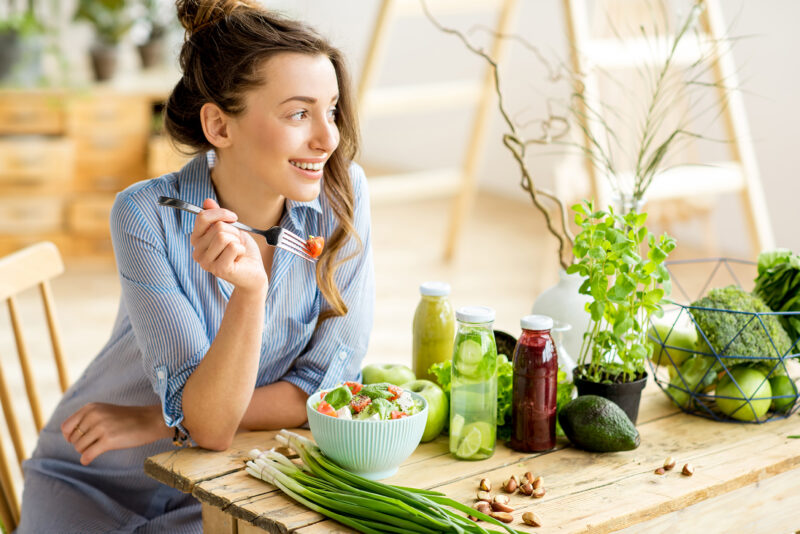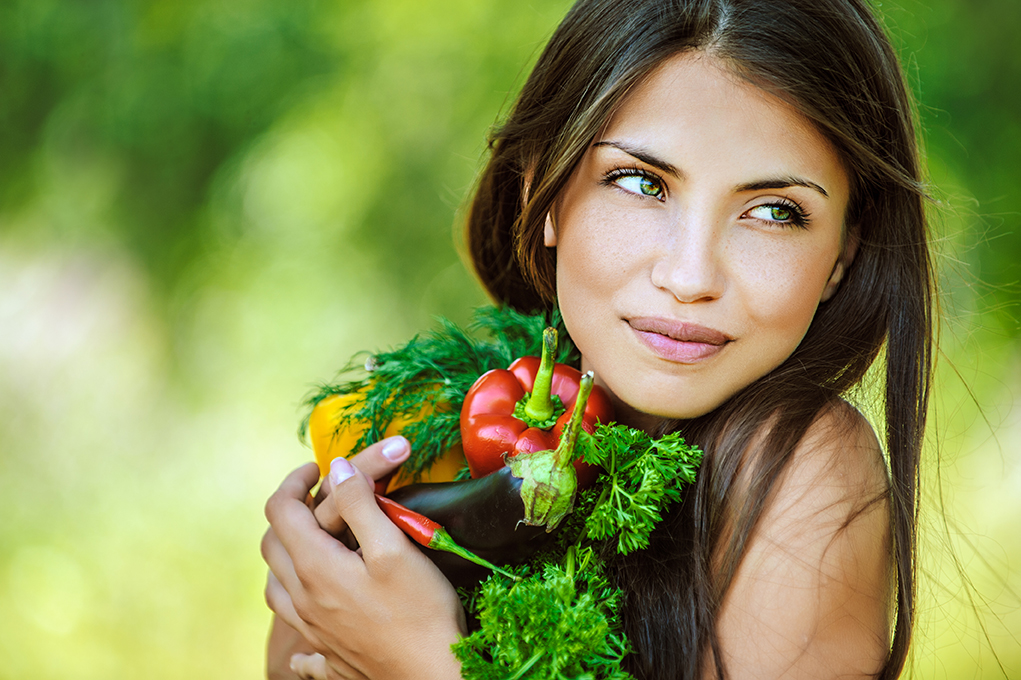We take a closer look at the latest fad of vegan diet, list down the dos and don'ts, talk to inspiring, die-hard vegans, and warn you of the common mistakes. Our little guide on a vegan diet will make sure you do it right says Deepika Nandal
It's said to be the biggest food trend of the year, and with every passing day, you'll see more and more people, especially the millennials, taking up a plant-based diet. Yes, we want to become more conscious of where our food comes from, and so, we're willing to do our best to live a healthy, cruelty-free life. Health freaks nowadays don't want to give in to junk cravings and stay away from machine-produced food products; yes, these are the same people who read all the food labels and are ready to pay double the price for the sake of their family's health. The good news is, as almost half of us Indians are vegetarian and into Sattvik food, we might not find a vegan diet much of an adjustment; of course, there's no ghee or buttermilk involved here, but you can easily explore their alternatives. People who live in the metro cities are at much advantage because of the exposure these cities get from global food trends. It's important to know, however, as where to draw the line, how to fulfil your nutrition requirement and avoid going overboard with food items that can cause problems. For the curious mind, we throw light at what's vegan food all about. Get ready to be inspired!

The vegan chart
Let's take a look at what you can include in your vegan diet. Basically, vegan food is all about plant-based foods. So, you can eat all your veggies, fruits, seeds, nuts, legumes, beans and lentils, etc. This also includes nut butters, nutritional yeast, grasses like wheatgrass or barley grass, sprouts, brown rice, etc. And, what you cannot eat? Well, all animal-derived products - diary items, non-vegetarian foods like seafood, poultry and all meat products. You will also have to exclude honey, fish oil, whipped cream, etc. from your diet.
Meet your nutritional needs
As a beginner, you need to understand the basic philosophy of vegan diet as an uninformed switch to plant-based diet can create nutritional imbalances. So, always be alert. For instance, avoid getting overboard when it comes to fruit juices/smoothies as too much fructose is not good for you. Eat them whole, as much as you can. "It is important to research and understand your nutritional needs as a vegan. Don't include excessive soy products or vegan alternatives in your diet; this can often cause an imbalance of amino acids like arginine and lysine. Instead, focus on fresh, organic fruits, vegetables, legumes, nuts and seeds and superfoods," says travel blogger Shivya Nath, who's a living a happy vegan life. Also, opt for as many colours to your platter as possible (through veggies and fruits) for maximum nutrition benefits. Try fermenting foods and the sprouting process at home and drink as much water (in form of herbal teas and flavoured water) to complete your nutrition needs.
Cook wisely and stay rooted
Nothing is better than this. When you make your own breakfast or dinner, you know exactly which ingredients go into your food. Plus, it's fresh! If you order a bowl of salad, you really don't know when were the items cut, whether they're properly washed or not, and so on. For instance, chia or basil seeds are to be pre-soaked in water or milk for them to swell up, and hence, it might not be necessary that your protein bar makers have taken care of it, too. Also, it's best to soak almonds overnight, remove their skin (often said to be a skin-irritant) and then consume it. Your store-bought pre-mix bag might have roasted almonds that can be overloaded with sodium. Get the difference? Lastly, always pick the local and seasonal variety of vegetables and grains. Help your local farmers and know what will benefit them, as it will benefit your body too. After all, it's all about living consciously, right?


